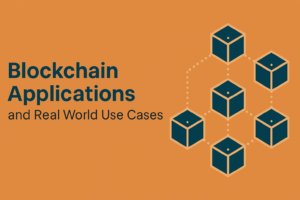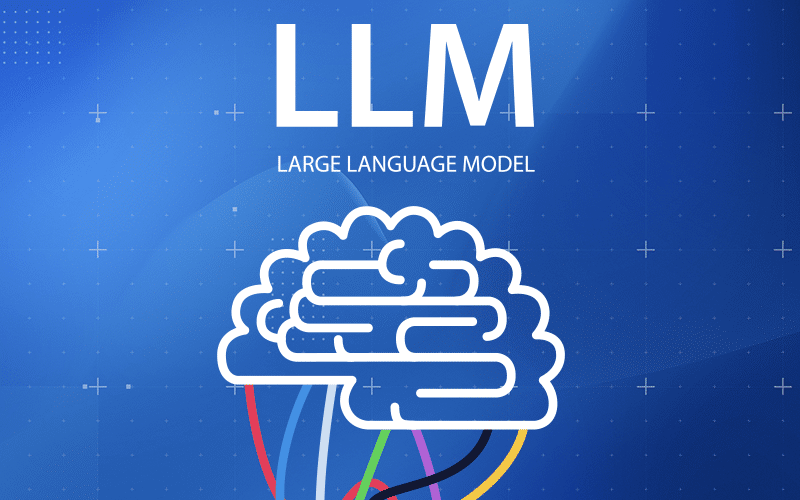Blockchain Technology: Beyond Cryptocurrency and into the Mainstream – Top 10 Real-World Applications and Emerging Trends

Blockchain technology has garnered significant attention in recent years, primarily due to its association with cryptocurrencies like Bitcoin. However, its potential extends far beyond the realm of digital currencies. In this blog, we will explore how blockchain is making its way into the mainstream, transforming various industries and driving innovation.
Understanding Blockchain
At its core, blockchain is a decentralized digital ledger that records transactions across multiple computers in such a way that the registered transactions cannot be altered retroactively. This technology operates without a central authority, ensuring transparency, security, and immutability of data. The use of cryptographic techniques ensures that each block of data is securely linked to the previous one, creating an unbroken chain of records.
Real-World Applications of Blockchain
Financial Services
-
Cross-border Payments: Platforms like Ripple eliminate intermediaries, enabling faster and cheaper international transfers.
-
Trade Finance: Solutions such as We.trade digitize and secure documentation processes, optimizing global trade.
-
Fractional Ownership of Assets: RealT tokenizes real estate, allowing individuals to invest in high-value assets through fractional ownership.
-
Microloans and Financial Inclusion: BanQu provides secure microloan services to promote financial inclusion among underserved populations.
-
Digital Identity: SelfKey ensures secure digital identity verification, reducing the risk of fraud.
Supply Chain and Logistics
Blockchain offers unparalleled transparency in supply chains by recording every step of a product’s journey. This trend helps verify authenticity and trace products from source to consumer. Large retailers and delivery companies are already using blockchain technology to trace products, combat counterfeiting, and enhance transparency throughout the shipping and delivery process.
Healthcare
Blockchain can securely manage patient data, ensuring privacy and accuracy. It allows for the creation of immutable medical records that can be accessed by authorized personnel only. This not only improves data security but also enhances the efficiency of healthcare delivery.
Real Estate
In the real estate sector, blockchain is used for property record keeping and fractional ownership. It simplifies the process of buying and selling properties by providing a transparent and secure platform for transactions. RealT is a prime example of how blockchain is democratizing real estate investment through tokenization.
Public Sector and Governance
Public institutions are beginning to implement blockchain to improve efficiency, transparency, and security in governance. Blockchain applications in this sector include modernizing public records, enhancing voting systems, and ensuring the integrity of government processes.
Emerging Trends
Decentralized Finance (DeFi)
DeFi platforms offer an alternative to traditional financial systems by enabling direct peer-to-peer transactions through blockchain-based applications. The rise of DeFi is characterized by enhanced scalability and interoperability among protocols, allowing for seamless cross-chain transactions.
Integration with AI and IoT
The combination of blockchain with Artificial Intelligence and the Internet of Things creates systems that automatically execute processes based on real-time data. This integration leads to smarter, more secure operations and is particularly useful in supply chain monitoring and automated maintenance in smart factories.
Sustainability and Green Initiatives
Environmental concerns have led to a shift towards more sustainable blockchain practices. In 2025, the adoption of energy-efficient consensus algorithms like Proof of Stake (PoS) and Proof of Authority (PoA) has become widespread, significantly reducing the carbon footprint of blockchain operations.
Non-Fungible Tokens (NFTs)
While NFTs initially gained fame in the art world, their applications have expanded significantly. In 2025, NFTs are being utilized in gaming for in-game assets, in real estate for property tokenization, and in intellectual property rights management.
Conclusion
Blockchain technology is rapidly moving beyond its association with cryptocurrencies and into the mainstream. Its applications in finance, supply chain, healthcare, real estate, and public governance are transforming industries and driving innovation. As we look to the future, trends such as DeFi, AI and IoT integration, sustainability, and the expansion of NFTs will continue to shape the blockchain landscape. The potential of blockchain is vast, and its impact on various sectors will only grow stronger in the coming years.
References
40 Blockchain Applications | Real-World Use Cases in …
The Future of Blockchain: 12 Trends to Expect in 2025 and Beyond
Beyond The Hype: Five Practical Applications Of Blockchain In
Top Trends in Blockchain Technology for 2025 – trigyn.com
Follow For More – Facebook


